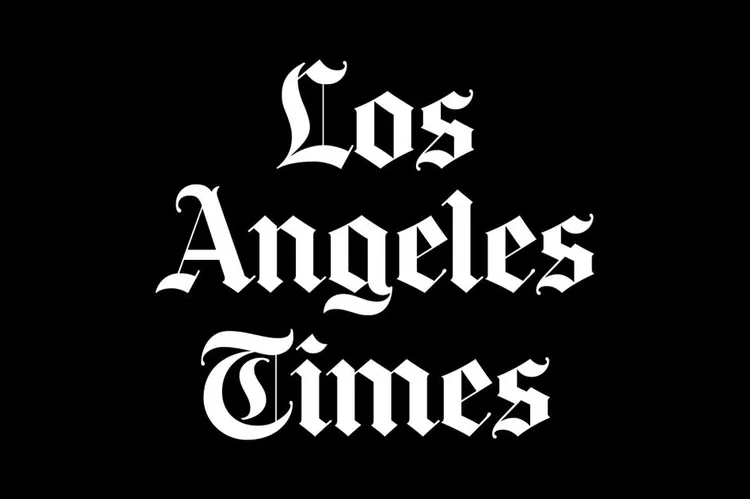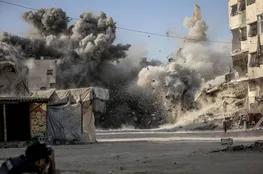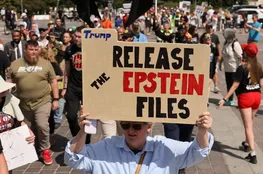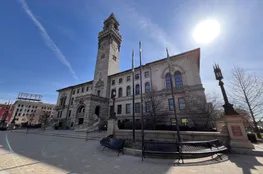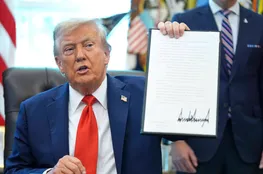DAMASCUS, Syria — Video from security cameras at a hospital in the embattled southern Syrian city of Sweida published Sunday showed what appears to be the killing of a medical worker by men in military garb. The video published by activist media collective Suwayda 24 was dated July 16, during intense clashes between militias from the Druze community and armed Bedouin tribal groups and government forces. In the video, which was widely shared on social media, a large cluster of people in scrubs can be seen kneeling on the floor in front of a group of armed men. The armed men grab a man and hit him on the head as if they are going to apprehend him. The man tries to resist by wrestling with one of the gunmen, before he is shot once with an assault rifle and then a second time by another person with a pistol. A man in a dark jumpsuit with “Internal Security Forces” written on it appears to be guiding the men in camouflage into the hospital. Another security camera shows a tank stationed outside the facility. Activist media groups say the gunmen were from the Syrian military and security forces. A Syrian government official said they could not immediately identify the attackers in the video and are investigating the incident to try to figure out if they are government-affiliated personnel or gunmen from tribal groups. He spoke on condition of anonymity because he was not immediately cleared to speak to the media on the matter. Syria’s Interior Ministry, in a statement posted by state-run Syrian Arab News Agency, said Deputy Minister of Interior for Security Affairs Maj. Gen. Abdul Qader Al-Tahhan was assigned to oversee the investigation “to ensure that the perpetrators are identified and arrested as quickly as possible.” “We condemn and denounce this act in the strongest terms, and we affirm that the perpetrators will be held accountable and brought to justice to receive their just punishment, regardless of their affiliations,” the statement said. The government last month set up a committee tasked with investigating attacks on civilians during the sectarian violence in the country’s south, which is supposed to issue a report within three months. The incident at the Sweida National Hospital exacerbates tensions between the Druze community and the Syrian government, after clashes in July between Druze and armed Bedouin groups sparked targeted sectarian attacks against them. The Druze are a minority group in Syria, but are the majority in Sweida. The violence has worsened ties between them and Syria’s Islamist-led interim government under President Ahmad al-Sharaa, who hopes to assert full government control and disarm Druze factions. Though the fighting has largely calmed down, government forces have surrounded the southern city and the Druze have said that little aid is going into the battered city, calling it a siege.
The Syrian Arab Red Crescent, which has organized aid convoys into Sweida, said in a statement Saturday that one of those convoys that was carrying aid in the day before “came under direct fire,” and some of its vehicles were damaged. It did not specify which group attacked the convoy. On Sunday, the United Nations Security Council adopted a statement expressing “deep concern” at the violence in southern Syria and condemning violence against civilians in Sweida. It called for the government to “ensure credible, swift, transparent, impartial, and comprehensive investigations.” The statement also reiterated “obligations under international humanitarian law to respect and protect all medical personnel and humanitarian personnel exclusively engaged in medical duties, their means of transportation and equipment, as well as hospitals and medical facilities.” It expressed concern about “foreign terrorist fighters” in Syria, while calling on “all states to refrain from any action or interference that may further destabilize the country,” an apparent message to Israel, which intervened in last month’s conflict on the side of the Druze, launching airstrikes on Syrian government forces.
Alsayed and Chehayeb write for the Associated Press and reported from Damascus and Beirut, respectively. AP writer Edith M. Lederer at the United Nations contributed to this report.

